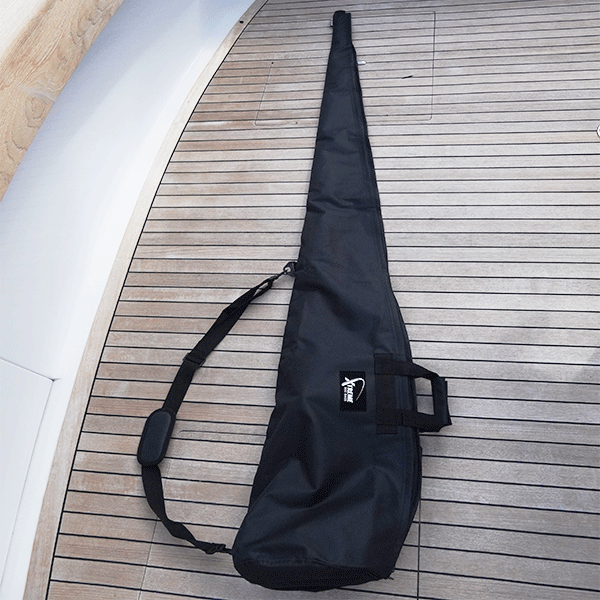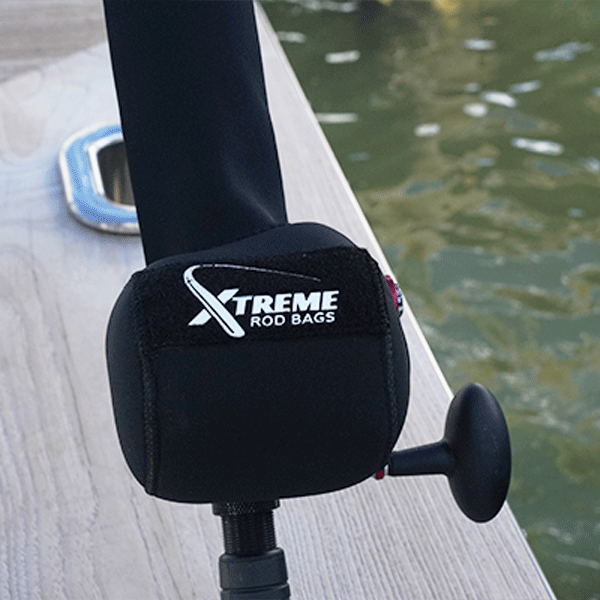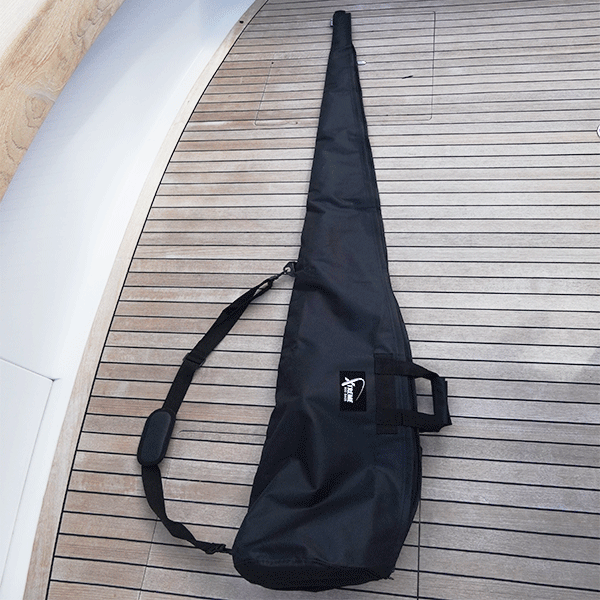
As an angler, you know the importance of having a quality fishing rod and reel. They are your tools for success when it comes to catching fish. So, it is vital to take care of them properly to ensure their longevity and optimum performance. Proper maintenance of your fishing gear is essential to keep it in good condition, and it can save you time and money in the long run. Here are some tips for caring for your fishing rods and reels:
1. Keep them Clean
The first step in caring for your fishing rods and reels is to keep them clean. You should rinse them with fresh water after every use, especially if you have been fishing in saltwater. Salt can be corrosive to metal, and it can cause damage to your equipment over time. Use a soft cloth or sponge to remove any dirt, sand, or other debris. Pay special attention to the guides on your fishing rod, as they can collect debris and become damaged.
2. Dry Them Thoroughly
After cleaning your fishing gear, it is crucial to dry it thoroughly. Moisture can cause rust and corrosion, so it's essential to remove all water before storing your equipment. Use a clean towel to dry your fishing rod and reel thoroughly, paying particular attention to the guides, as they can be more challenging to dry. You can also use a hairdryer on a low setting to dry your gear if you're in a hurry. However, be sure not to overheat the rod or reel, as this can cause damage.
3. Store Them Properly
The way you store your fishing rods and reels can have a significant impact on their longevity. Store them in a dry place where they will not be exposed to moisture, extreme temperatures, or direct sunlight. Avoid storing them in damp areas such as basements or garages, as this can cause damage to the cork handles or reel seats. You can use a rod and reel storage bag or a protective case to store them safely.
4. Lubricate the Reels
The reels on your fishing rod require proper lubrication to function correctly. You should lubricate the bearings, gears, and moving parts with a good quality reel oil or grease. This will help to reduce friction and ensure a smooth operation. Be sure to use only the recommended lubricants for your particular reel, as using the wrong type can cause damage.
5. Check for Damage
Before and after each fishing trip, inspect your fishing rods and reels for any signs of damage. Look for cracks or splits in the rod blanks, damage to the guides, and signs of wear and tear on the reel. If you notice any damage, take immediate action to repair or replace the affected parts. It is essential to catch and address any problems early before they become more significant and more expensive to fix.
6. Don't Overload Your Rod and Reel
One of the most common mistakes anglers make is overloading their fishing gear. Overloading your rod and reel can cause damage and decrease their longevity. Be sure to use the correct line weight and lure weight recommended for your rod and reel. Also, don't try to force a fish that is too large for your gear. This can cause damage to the rod, reel, or both.
7. Protect Your Fishing Gear During Transportation
When transporting your fishing rods and reels, it's essential to protect them from damage. Use a protective fishing rod bag or fishing rod sleeve to keep them safe from scratches, bumps, and other types of damage. Be sure to secure them well in your vehicle, so they don't move around during transportation.
8. Store Your Fishing Line Correctly
The best way to store fishing line is in a cool, dry place away from direct sunlight and heat sources. Exposure to sunlight and heat can weaken the line and cause it to deteriorate over time. It's best to store your line in a dark, cool place like a closet or tackle box. Use a fishing reel cover or rod bag if they are going to be exposed to direct sunlight for extended periods of time.
9. Use Line Conditioner
Line conditioner is a product that helps to protect and lubricate your fishing line. It can prevent the line from becoming brittle and reduce the chances of it becoming tangled or damaged. Apply the conditioner to the line before storing it for maximum protection.
10. Have Them Serviced by a Professional
In general, it's a good idea to service your fishing reel at least once a year or after every fishing season, even if you don't notice any issues. Regular maintenance can prevent problems from developing and ensure that your reel performs at its best.




